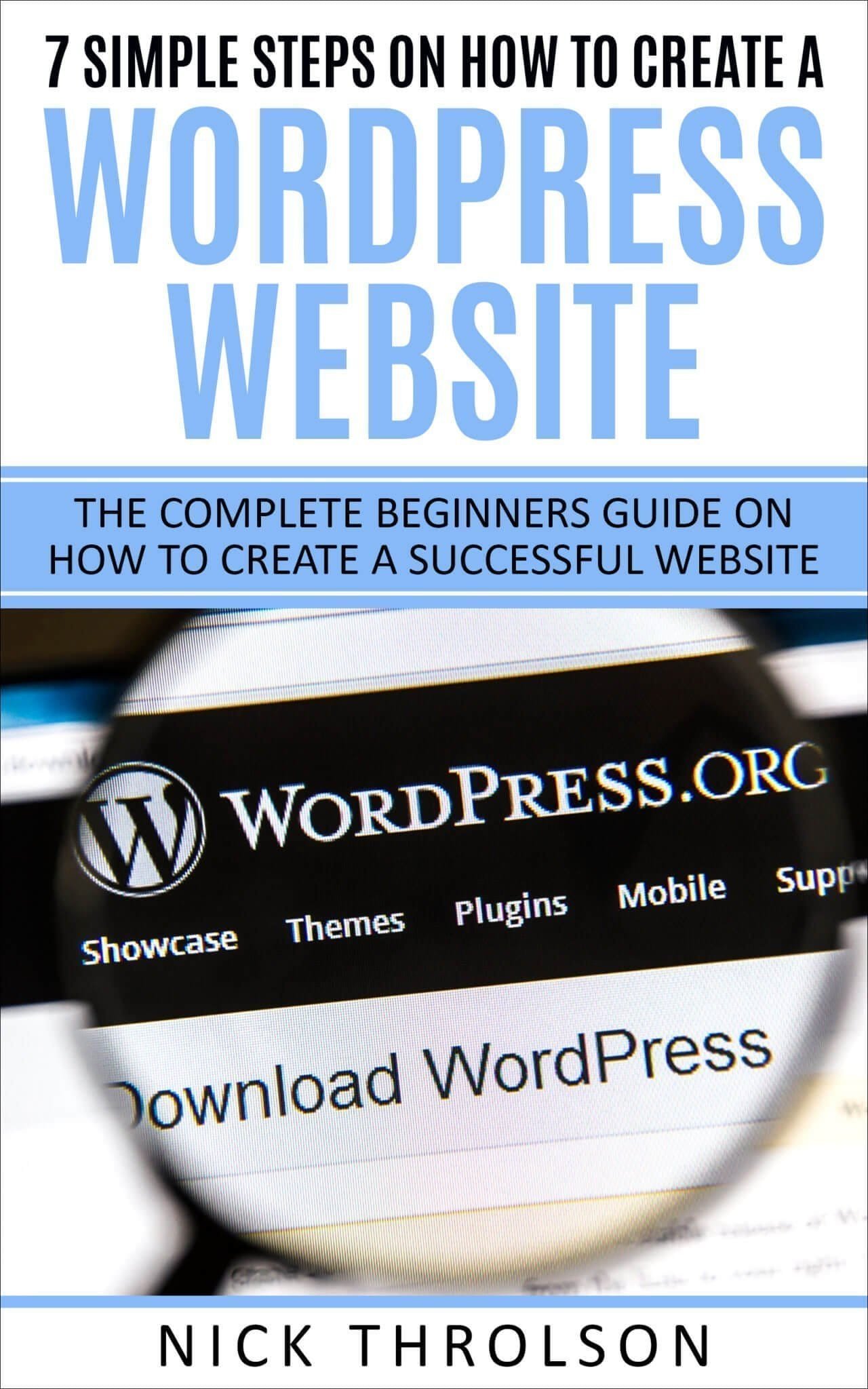
Though JavaScript has been around for quite a long time, it was largely seen merely as a cosmetic tool for web applications. But in the last few years, as frontend and backend technologies started to converge and the gap between web and mobile development started to become narrower, it has emerged as one of the most prominent tools. Now if you dig deeper, you would find numerous JS libraries of which ReactJS and VueJS remain the most popular. If you are confused about the two, here is your guide to finding the best JS framework:
ReactJS
Launched by Facebook in 2013, ReactJS remains one of the most popular JS libraries.
Pros:
- Easy learning curve
One of the key reasons ReactJS became popular in the first place is because its developers find it much easier to learn and deploy in their application.
- Open source
There are two benefits of its open source tag- 1. It's freely available for anyone to use and modify; 2. It evolves much quickly to bring in new features and improve performance, which further helps grow the community.
- Flexibility
ReactJS is quite lightweight and easily integrates with other technology stacks. This flexibility helps developers
Cons
- Poor documentation
React ReactJS for a very long time used as an internal technology at Facebook, they never bothered to create detailed documentation
- Complexity
Through ReactJS is easy to learn for beginners, it gets really complex once the application starts scaling up, particularly when developers have to use Event managers.
Vue
Launched in 2014, Vue is an open source JS framework that has gained a lot of traction in recent times.
Pros:
- Compact
- Flexible
- Detailed documentation
Cons:
- Limited community support
- Doesn?t scale well
Showdown
Now that we know these technologies have on offer and their respective shortcomings, let?s take this discussion a step further to pitch them directly against each other in key aspects and see which one comes out on the top:
Performance
This is quite tough to measure in terms of comparison but here is the gist- for simple interfaces, ReactJS would outperform Vue. But if you have too much animation and the interface has many interactive features, Vue would perform much better than React.
Scalability
Now, this is where ReactJS has an upper hand and one of the key reasons it is adopted by large corporations. ReactJS follows a component-based model that scales very well whereas Vue follows a template-based model that often breaks down as the application grows larger in size.
Convenience
ReatJS library is kind of an open field with no division in MVC, MVW or other methodologies. While this offers flexibility to seasoned developers, it creates challenges in implementing cross-functional teams. Vue, on the other hand, is based on MVC and thus makes it suitable for such cases.
Corporate backing
The corporate backing of any technology indicates long-term support as these companies tend to not only use but also contribute to these platforms. ReactJS, being a product of Facebook and used by applications like Netflix and Dropbox has excellent corporate backing. And the Vue to have corporate backers like Alibaba and Xiaomi isn?t as strong as React.
Community support
If you get stuck in ReactJS development, you would find a ton of resources to get you through while the same can?t yet be said for Vue. The point is, React has created quite a matured community that would take quite some time for Vue to match up with.
Final verdict
Though Vue has its benefits, ReactJS is still the king of web application development. But as Vue gains wider traction it may pose a serious challenge to React in future.




